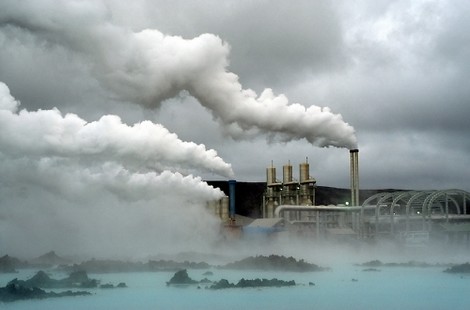Your podcast discovery platform
Curious minds select the most fascinating podcasts from around the world. Discover hand-piqd audio recommendations on your favorite topics.

piqer for: Climate and Environment Global finds
Andrea is a writer and researcher based out of Chicago. Andrea has a Bachelor's degree in environmental science from The Ohio State University and a Master's in Environmental Planning and Management at National Taiwan University, where she specialized in climate adaptation and urbanization. She writes for TaiwaneseAmerican.org, and sends out a biweekly newsletter which includes articles on politics, environment, identity, and intersections of race, class, and gender (http://eepurl.com/bPv-F5).
Your Personal Consumption Choices Can’t Save The Planet
The New York Magazine article on the horrors of climate change by David Wallace-Wells has kicked up a buzz of discussion about whether or not fear is a reasonable motivator for individual action. "For years, mainstream climate activism centered around changing lightbulbs and riding more bikes. Shop green, in other words, and the earth will follow." But a deeper analysis tells us that this line of logic is flawed.
This piece points out that it is the wealthy contribute most to climate change, and that stratum is propped up by capitalist systems. Yet the neoliberal narrative that individual consumers are at fault and must change their habits is dominant. "Consumption choices do matter. They just happen to matter a lot more if you’re in the one percent, and especially the top 0.01 percent."
David Roberts at Vox writes: "The obvious and most direct approach to addressing the role of individual choices in climate change is to tax the consumptive choices of the wealthy...Redistributing wealth down the income scale…reduces lifestyle emissions.” Class and wealth distribution matter in regards to who contributes to and who suffers for climate change. Mass movements and broad policy change are the tools that would make the most sense with regards to climate change, not just convincing your neighbors to bike to work. This requires people to think and act collectively, against the neoliberal individualistic push.
This article pushes back on the narrative that individual consumption choices can make the change necessary to fight climate change. For a global problem with socio-economic causes and ramifications, the solution must consider more than just individual choices.
